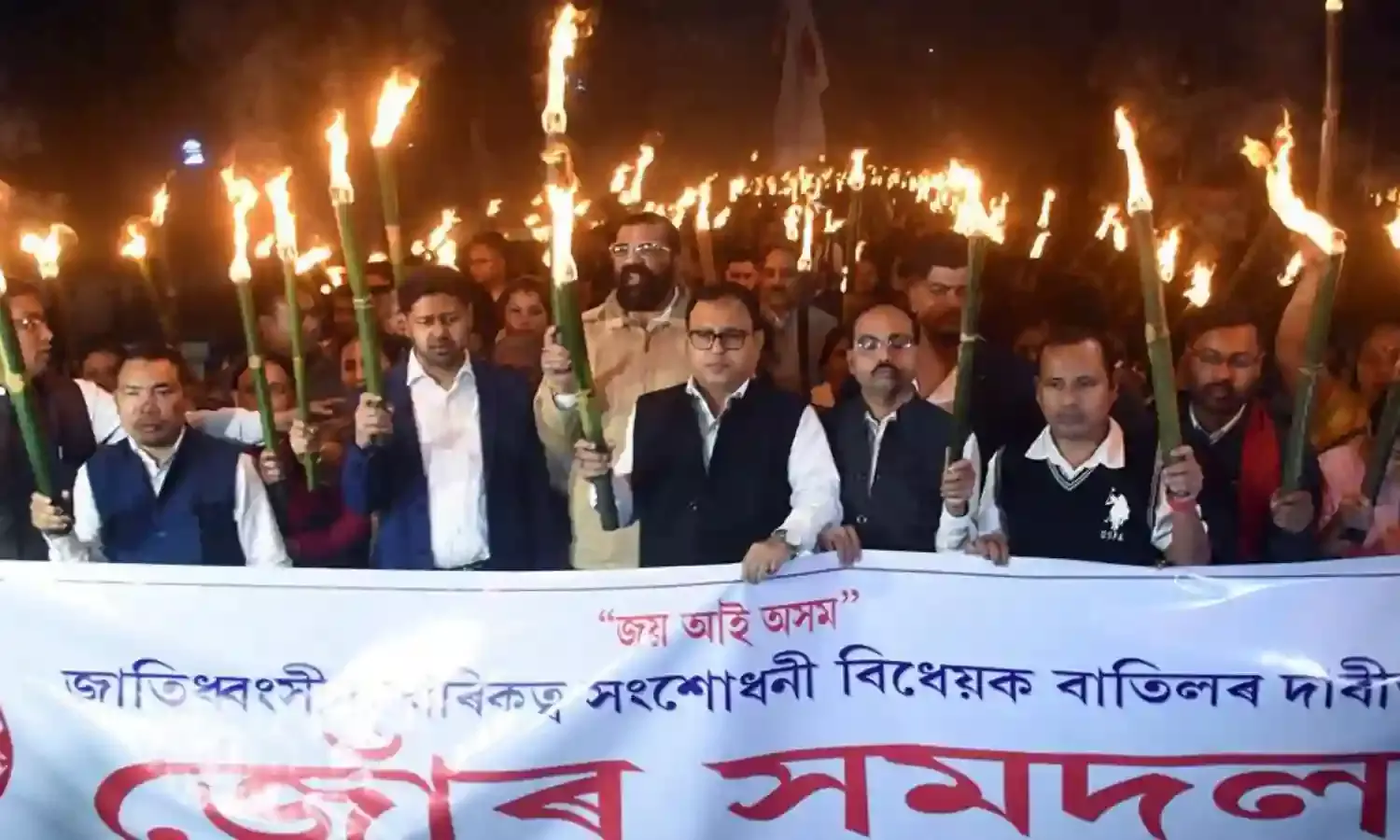Can CAB Exemption Protect Indigenous Interests?
Insufficient assurances

ITANAGAR: On Monday, the inevitable happened in the Lok Sabha as Union Home Minister Amit Shah tabled the contentious Citizenship Amendment Bill (in a slightly modified form) with an expected outcome where the BJP and its allies enjoy a comfortable majority.
In the Rajya Sabha, too, the Bill is not expected to face much resistance given that the NDA holds a large chunk of the seats and has won over several regional parties.
During the discussion on the Bill, Shah tried to allay concerns voiced by political parties and community organisations of the Northeast by stating that Constitutional provisions including the inner line permit as required under the Bengal Eastern Frontier Regulation, and areas falling under the jurisdiction of the Sixth Schedule will not come under the purview of the CAB.
Currently, Arunachal Pradesh, Mizoram, and Nagaland (except Dimapur district) still have the ILP provisions.
The Sixth Schedule of the Constitution allows special provisions for the administration of tribal areas in Assam, Meghalaya, Tripura, and Mizoram.
Manipur is currently the only state excluded from any of these provisions but the home minister said that the ILP will be introduced in the state too. Given the uproar that flared up in 2015 over the introduction of the Manipur Regulation of Visitors, Tenants and Migrant Workers Bill which proposed to list all visitors, tenants and migrant workers with the directorate of regulation of visitors and tenants, to be set up under the proposed act and state labour department, the government in Manipur will have to tread carefully.
The state governments in the region, most of which are either from the BJP or allied to the party, have welcomed the Bill after initial reservations over its impact on the indigenous population that influx from Bangladesh may have.
Manipur Chief Minister N Biren Singh even posted pictures of him and supporters holding posters of Shah and Prime Minister Narendra Modi at his official residence and what he said was “enjoying one of the precious moment” over the future introduction of the ILP in his state.
Arunachal Pradesh Chief Minister Pema Khandu ‘thanked’ both Shah and Modi “for exempting Arunachal”.
In Assam, Chief Minister Sarbananda Sonowal blamed successive governments since the signing of the Assam Accord for not protecting the interests of the people of the state. He also said that the Bill is “for the whole of India and not only for Assam” and that “a section (of people) has maligned the image of the state by spreading misinformation that only Assam will have to again bear the burden of illegal immigrants”.
Sonowal should be concerned as parts of Assam have seen bandhs and violent protests since the Bill was tabled Monday.
Tuesday will also mark the region-wide 11-hour bandh call given by the North East Students' Organisation (NESO) which has been leading the charge of opposition against it.
Although the Union home ministry had assured political parties, community organisations, and the influential students’ bodies of the region that Constitutional protections will continue to be in place, the NESO has been adamant in its demand, seeking the complete withdrawal of the Bill.
The NESO had earlier said that instead of “imposing CAB, the government of India should rather implement inner line permit in all the states of the region, exempt the region from the purview of the 1950 Indo-Nepal Treaty of Peace and Friendship, implement the NRC in all north-eastern states with a base year which might differ depending upon the unique history of each state and Constitutional safeguards with rights over land and natural resources amongst others”.
The NESO’s opposition may hold water considering the fact that despite protective measures, the region has seen an influx of who perceive as being ‘outsiders’.
In reality, the ILP document is issued to any person who can produce valid documents and the only bar that it employs is over ownership of land. Even then, there are ways to get around the provisions of the Bengal Eastern Frontier Regulation and the Sixth Schedule.
While ‘outsiders’ cannot buy land in the areas, it is easily leased to major corporate houses, and most urban centres in the region are heavily populated by non-indigenous people.



